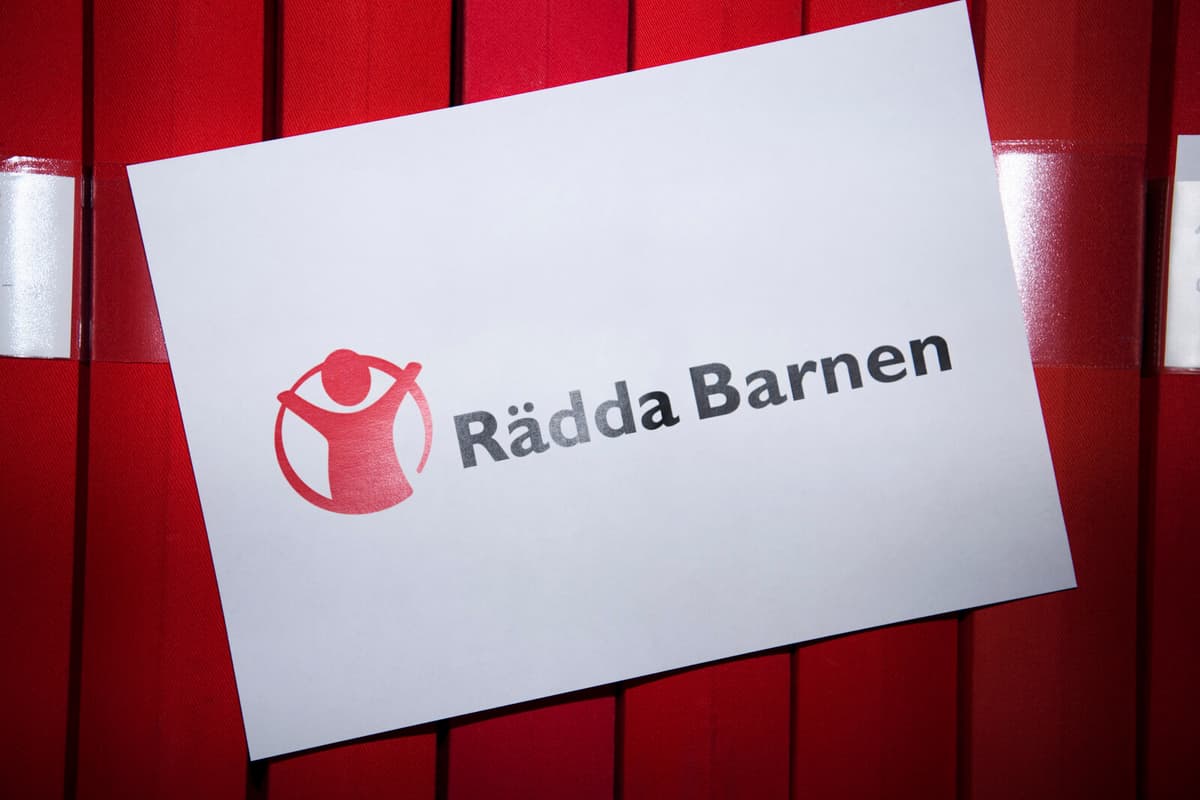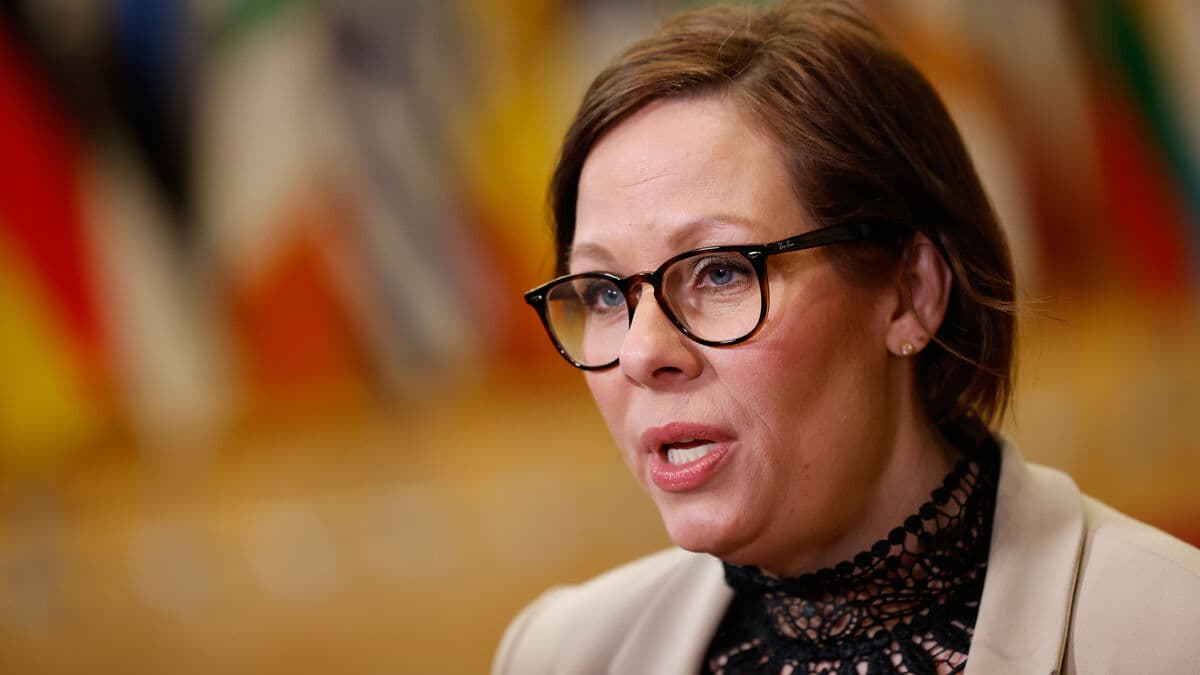The children's rights organization Save the Children and the trade unions Vision and Akademikerförbundet SSR are strongly critical of the so-called "compulsory intermediate law" which is intended to give social services the opportunity to impose fines on parents who decline help.
Erik Ulnes, political advisor at Save the Children, agrees that it is important to get the parents on board but means that the "compulsory intermediate" will increase the challenges of social services.
Instead of starting with the analysis, why parents decline, one goes directly to forcing parents to accept. There, one has missed some important steps, says Erik Ulnes.
"Obstacles"
He says that within Save the Children, they meet parents who do not understand social services' assessments and, out of fear that the situation will worsen, do not accept their measures.
That social services get the toolbox to also be able to hand out fines and penalties, we see as another obstacle to actually being able to create trust.
From the trade union Vision, one means that there is no research support for the fact that compulsory open care measures work. "Compulsory intermediate" is not preventive work, according to Vision.
"Risks discouraging"
"Such measures make preventive work more difficult and risk discouraging people from contacting social services, especially those who need the support the most", says Veronica Magnusson, union chairman of Vision in a press release.
Even Akademikerförbundet SSR is worried that the proposed measures would risk reducing trust in social services.
"Now the government is ruining its own work by introducing compulsion, ankle monitors and fines", says Heike Erkers, chairman of Akademikerförbundet SSR.






